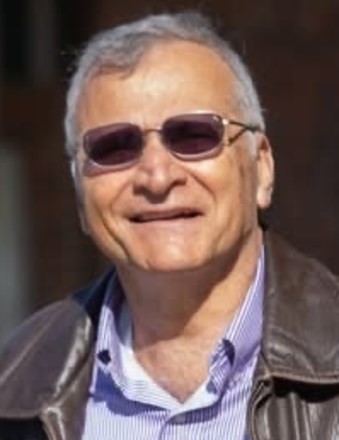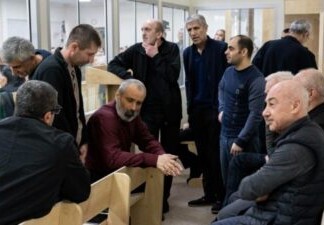The so-called “Zangezur Corridor” remains one of the most contentious regional issues. Azerbaijan’s president never misses an opportunity to demand unhindered access to Nakhichevan through Armenian territory. The United States is showing an increasing interest in mediating between Armenia and Azerbaijan regarding this issue and recently there have been a few messages signaling that. The most discussed one became the July 11 proposal of US Ambassador to the Republic of Turkey Thomas J. Barrack suggesting that the United States take control of the 32-kilometer road on a 100-year lease, with all parties able to benefit from it.
Prior to the ambassador’s proposal, Secretary of State Marco Rubio had expressed hope during a Cabinet meeting with President Trump to see “a peace agreement between Azerbaijan and Armenia.” The announcement came on the same day that Armenian Prime Minister Nikol Pashinyan and Azerbaijani President Ilham Aliyev met in Abu Dhabi.
In fact, such interest by the Trump administration is interesting, as there have been no serious statements or steps, at least publicly, towards normalizing Armenian-Azerbaijani relations since Trump took office, with the exception of Rubio’s statement welcoming the conclusion of the negotiations. This was quite a different approach from the policy of the Biden administration, which had assumed the role of an active mediator and actively urged the parties to finalize and sign a peace treaty especially during his final months in office. In comparison to Biden, Trump is a businessman, who gets involved in processes only when they can yield concrete results for US interests. South Caucasus is not within the immediate zone of interest for Trump and hence, the Nagorno-Karabakh conflict and Armenian-Azerbaijani relations were not interesting for the president. However, Trump wants to assert himself as a peacemaker and the prospect of a peace treaty between Armenian and Azerbaijani offers that opportunity.
That is why, not long after the above-mentioned statements, President Trump himself commented on the process. On July 14 during his meeting with NATO Secretary General Mark Rutte, Trump said the conflict between Armenia and Azerbaijan seems to come to a “successful resolution.” Just a few days later as Trump welcomed to GOP senators at White House dinner, president said “we worked magic there” and “it is pretty close if not it’s already done”
Azerbaijani President Aliyev’s response did not take long to address the proposal to involve a private US company as an independent foreign operator for the Syunik corridor. During a July 19 media forum in Shushi, he stated that there can be “no operator, no trader, no lessee on our territory” adding that during personal negotiations with Pashinyan in Abu Dhabi on July 10, he told the latter that Azerbaijan “must have unhindered and safe passage from Azerbaijan to Azerbaijan…Our cargo and citizens should not see the face of an Armenian border guard there every time. This is our demand. This is a legitimate demand, a fair demand. Otherwise, our citizens will be in danger.”
Pashinyan’s spokesperson Nazeli Baghdasaryan responded to this statement, calling it “a concealed territorial claim against the Republic of Armenia.” However, according to Pashinyan’s statement of July 16, “these contacts [with the RA Border Guard Services] in Armenia’s border and customs points can take place with the use of modern technologies, sometimes without any contact, with biometric passports and online goods declaration and scanning.” Therefore, with the introduction of these technologies, Azerbaijanis will not have to deal with the Armenian border guards, and Azerbaijani cargo can be transported through the country without direct checks by the Armenian border guards.








